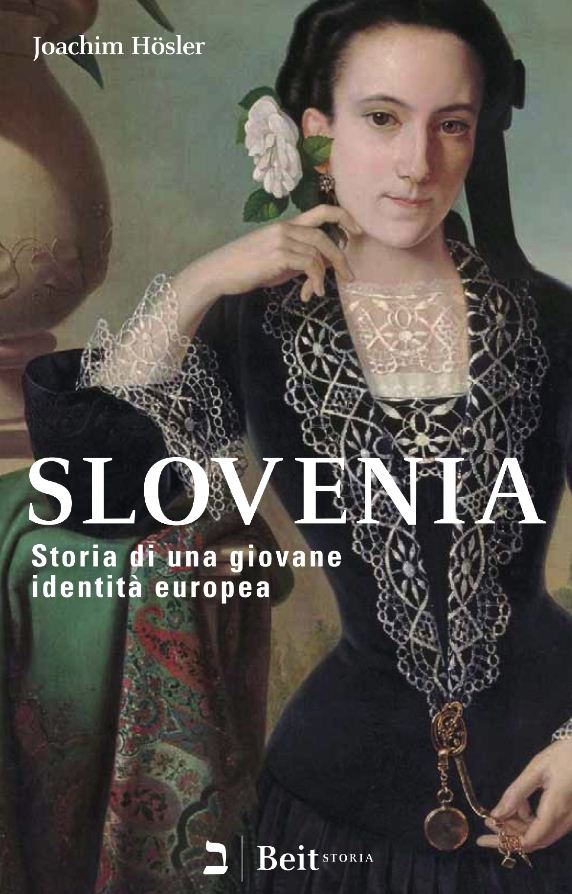Proposal submission deadline: 31 December 2017
8-9 June 2018
Department of Slavic Studies
University of Graz, Austria
When the Russian drama Leviathan (Andrei Zvyagintsev) was released in 2014, it won immediate
international acclaim, winning an Oscar nomination for Best Foreign Language Film of the Year, as well as
numerous awards and prizes. Rich in Biblical symbolism and metaphor, the drama of corruption and
intimidation can also be read as a narrative of marginality and marginalisation. This is reflected not only in
the fact that Leviathan takes place in a remote coastal village on the Barents Sea; it is also reflected in its
main theme – the struggle of a simple man and an utterly corrupt government – as well as in the attempts
by officials to exclude the film from mainstream Russian national cinema.
It is these discourses of and about marginality and space, as well as the processes that produce them, that
we would like to explore in the course of a two-day multidisciplinary conference to be held at the
Department of Slavic Studies at the University of Graz, 8 to 9 June 2018. Understanding marginality as a
dynamic and relational concept that reflects exclusion and/or distance from normative sites of power, we
invite papers and panels that discuss perceptions of marginality and its interrelation with centrality in 21 st
century Russian cinema. While the conference is open to a large variety of topics and approaches, we
particularly encourage proposals for papers and panels that examine the proposed topic from a socio-cultural
and political perspective.
Possible topics for submissions include, but are not limited to, the following:
● Centre-periphery conflicts
● The politics of space
● Bodily margins and marginalised bodies
● Marginality and vulnerability
● Marginalised identities
● Marginality and identity
● Social marginalisation and exclusion
● Religious marginality
● Linguistic margins: substandard, dialect and vulgarisms in Russian cinema
● Russian national cinema: from the margins to the mainstream
● Russian cinema vs global cinema
● Marginalised Russian filmmakers
● Russian filmmaking industry at home and abroad
● ….
The conference invites contributions from researchers and scholars working in a variety of disciplines,
including sociology, linguistics, history, cultural studies, film studies, as well as any other fields who share
our interest in Russian studies.
Conference languages: English and Russian
Please submit a proposal for paper of no more than 300 words (including three keywords) to
russfilm@uni-graz.at by 31 December 2017.
Proposal submission
Please send your proposal as a Word document attached to your email [titled: authorname.doc], plus a short
CV with a list of (major) publications. Make sure your contact information is included in the body of your
e-mail, not in the file. Presentations should be 20 minutes in length, followed by 10 minutes for questions
and discussion. There will be sessions on Friday and Saturday. We also welcome proposals from PhD
students and young researchers, as well as proposals for complete panels.
Successful proposals for conference contributions will be notified in early February 2018.
We plan to publish selected papers presented at the conference in a peer-reviewed edited collection.
Contact
For more information please contact the conference organisers or see the conference website
https://slawistik.uni-graz.at/de/veranstaltungen/21st-century-russian-cinema/.












